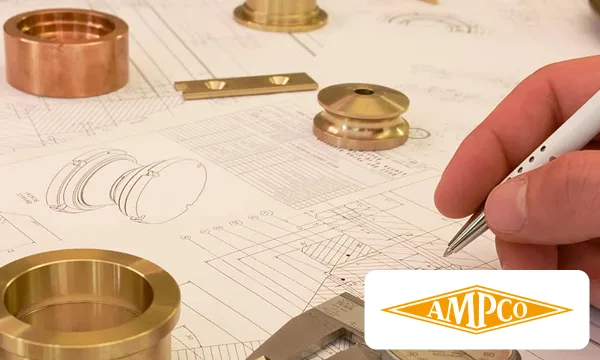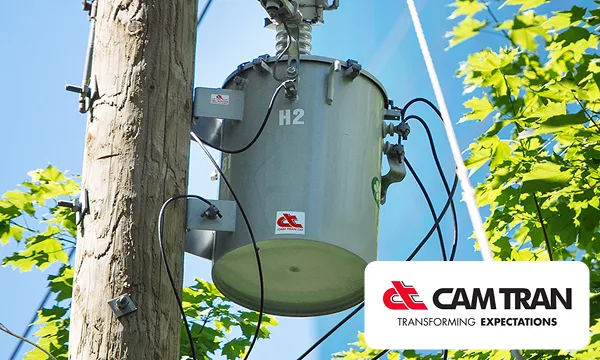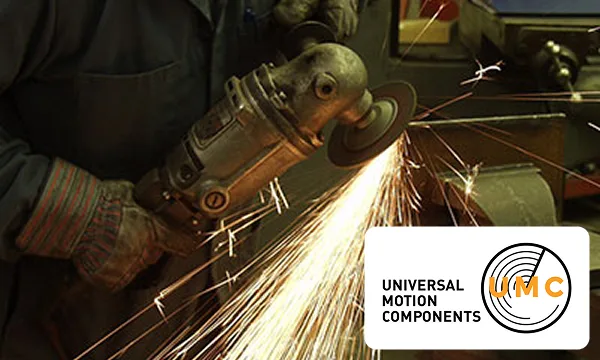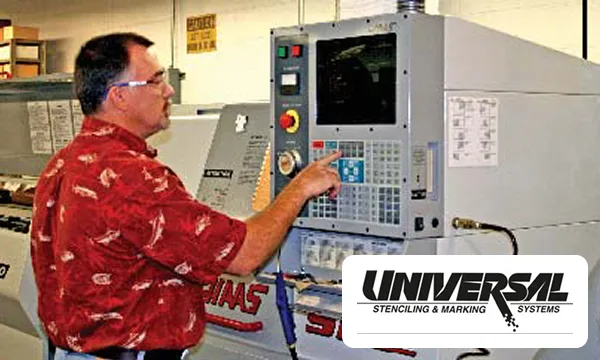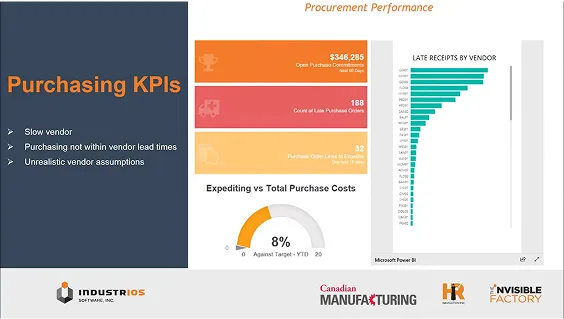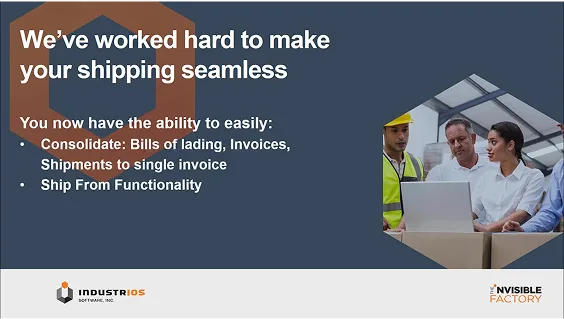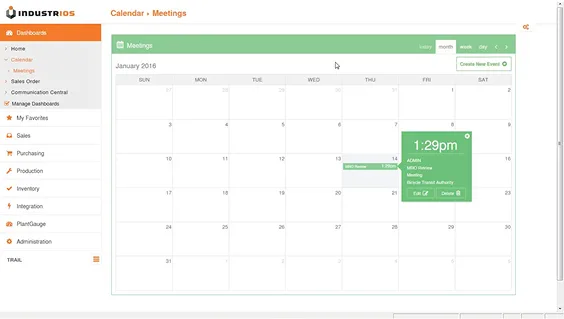Procurement Management: What Procurement Managers Actually Do With ERP Systems
Procurement management has changed significantly with ERP systems, but the real story lies in how these tools transform daily work. Instead of spending hours on manual processes and spreadsheets, procurement managers use ERP systems to focus on strategy, supplier relationships, and cost optimization.

Procurement Management with ERP Systems Summary:
- ERP systems automate routine tasks like purchase order creation and approval routing, freeing time for strategic work
- Real-time visibility into spending, supplier performance, and inventory levels enables better decision-making throughout the day
- Integrated workflows connect procurement with manufacturing operations, ensuring materials arrive when production needs them
- Automated alerts and notifications help procurement managers stay on top of contract renewals, delivery schedules, and budget variances
The Real Work of Procurement Management
Procurement managers handle far more than just buying goods and services. They develop sourcing strategies, manage supplier relationships, negotiate contracts, and ensure materials arrive when manufacturing operations need them. ERP systems make it more effective and less time-consuming.
“The best procurement managers understand that technology should support their expertise, not replace it. ERP systems give you the tools to focus on strategy and relationships rather than paperwork.” — Edward Szukalo, General Manager, INDUSTRIOS Software, Inc.
Traditional procurement involved managing multiple spreadsheets, manual approval processes, and disconnected communication with suppliers. Modern procurement managers use ERP systems to access real-time data, automate routine processes, and coordinate across departments seamlessly.
Daily Workflows That ERP Systems Transform
Morning Planning and Priority Setting
Procurement managers start each day by reviewing dashboards that show critical information at a glance. ERP systems display pending approvals, supplier alerts, delivery schedules, and budget status in real-time rather than requiring manual compilation from multiple sources.
Instead of checking email for supplier updates or searching through files for contract details, procurement managers access centralized information that shows what needs attention immediately. Automated alerts highlight contracts approaching renewal dates, purchase orders exceeding budget thresholds, or suppliers missing delivery commitments.
Purchase Requisition Management
When departments need materials or services, they submit electronic requisitions through the ERP system. Procurement managers receive these requests with complete visibility into budget availability, preferred suppliers, and contract terms. The system automatically routes approvals based on purchase amounts and department authorization levels.
This automation eliminates the back-and-forth communication that used to consume hours each day. Procurement managers can focus on evaluating supplier options and negotiating terms rather than tracking down missing information or managing approval workflows manually.
Supplier Relationship Management
ERP systems maintain comprehensive supplier records including performance metrics, contract details, and communication history. When procurement managers need to source new materials or resolve issues, they have immediate access to supplier capabilities, past performance, and current contract terms.
Performance tracking happens automatically through ERP integration with receiving and quality control processes. Procurement managers can identify suppliers who consistently deliver on time and those who need attention without manually compiling reports from multiple departments.
Contract and Negotiation Support
Modern procurement involves continuous negotiation and contract management. ERP systems provide the data needed to negotiate effectively by showing spending patterns, volume commitments, and supplier performance metrics. Procurement managers can demonstrate their value to suppliers and negotiate better terms based on actual data rather than estimates.
Contract management features track renewal dates, compliance requirements, and performance commitments. Instead of maintaining separate contract files, procurement managers access current contract information directly within the ERP system when making purchasing decisions.
Manufacturing Operations Integration
- ERP links procurement and production schedules directly, so materials arrive just in time for manufacturing.
- Procurement managers always see real-time inventory levels, pending receipts, and what’s needed next. No more waiting for updates.
- The system handles routine reorder points and safety stock calculations, so buyers focus on negotiating and choosing the right suppliers.
- Quality tracking and compliance are built into daily workflows. If there’s a problem, ERP quickly links it back to a specific supplier or batch.
- All compliance documents and certifications are tracked automatically in the system, cutting down on paperwork and audit stress.
Strategic Activities Enabled by ERP
| Before ERP | With ERP Systems | Real Impact |
| Spend Analysis | ||
| Manual spreadsheet compilation from multiple sources | Automatic spending aggregation across all categories | Procurement managers identify 15-20% cost savings through consolidation opportunities |
| Supplier Performance | ||
| Quarterly manual scorecards based on incomplete data | Real-time metrics: on-time delivery, quality ratings, cost trends | Supplier issues resolved in days instead of months |
| Market Forecasting | ||
| Gut feeling and historical averages | Data-driven demand forecasting with production integration | Better contract negotiations and 30% reduction in stockouts |
Key ERP Capabilities Procurement Managers Use Daily
- Spend Alerts: System flags unusual price increases or spending spikes automatically
- Supplier Scorecards: One-click access to performance data for any supplier
- Contract Tracking: Automated reminders for renewal dates and compliance requirements
- Volume Analysis: Instant visibility into purchase volumes for better negotiation leverage
- Risk Monitoring: Early warning alerts for supplier financial issues or delivery problems
- Benchmarking Tools: Compare supplier pricing against market rates and internal budgets
What INDUSTRIOS ERP Delivers for Procurement Management
INDUSTRIOS ERP provides procurement managers with manufacturing-specific capabilities that address the unique challenges of discrete manufacturing. The system integrates procurement with production planning, inventory management, and quality control to ensure materials support manufacturing operations effectively.
Key procurement features include automated purchase requisition workflows that connect department requests with budget controls and supplier agreements, comprehensive supplier management with performance tracking and contract management capabilities, integrated inventory planning that aligns purchasing with production schedules and demand forecasts, and real-time spend analysis and reporting that supports strategic sourcing decisions.
“Effective procurement management requires both strategic thinking and operational excellence. ERP systems provide the foundation for both by giving procurement managers the information and tools they need to make smart decisions quickly.” — Edward Szukalo, General Manager, INDUSTRIOS Software, Inc.
The PlantGauge™ dashboard gives procurement managers instant visibility into key metrics like supplier performance, spending trends, and material availability. Integration with existing accounting, quality, and logistics systems ensures procurement data flows seamlessly throughout the organization.
Final Thoughts on Procurement Management and ERP Systems
ERP systems transform procurement management by automating routine tasks and providing the information needed for strategic decision-making. Procurement managers who embrace these capabilities can focus on supplier relationships, cost optimization, and risk management rather than administrative work.
The most successful implementations recognize that ERP systems enhance procurement expertise rather than replacing it. When procurement managers have access to real-time data and automated processes, they can deliver greater value to their organizations through better supplier relationships and more strategic sourcing decisions.
What You Should Do Next
Learn More
Explore additional insights on procurement management, manufacturing operations integration, and ERP implementation strategies through the INDUSTRIOS resource library.
Request a Demo
Ready to see how INDUSTRIOS ERP can enhance your procurement management capabilities? Request a personalized demonstration to explore our procurement features and discuss how they can support your daily workflows and strategic objectives.


